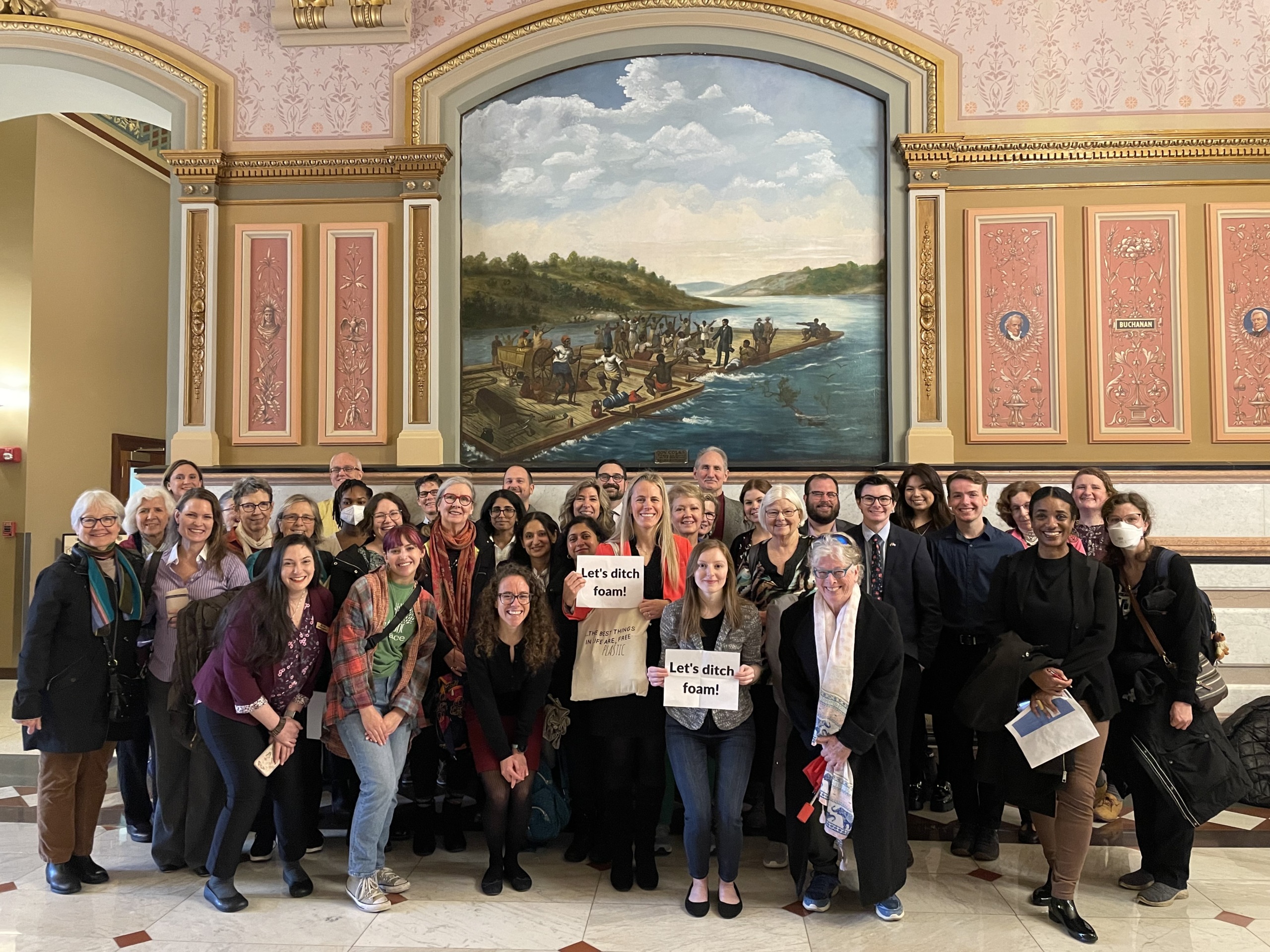
IRS Scandal Highlights Need for Increased Transparency in Campaign Financing
It’s up to the IRS to ensure that nonprofits are not being used as illicit vehicles to funnel untraceable money into our elections. However the agency’s handling of this responsibility has been thoroughly outrageous, the latest scandal being just the latest example of disturbing action—or, as has been more often the case, inaction.
The public has long agreed that transparency in campaign spending is critical to the integrity of our democracy. The Supreme Court acknowledged this common-sense proposition in its notorious 2010 Citizens United decision: even as they opened the door for dark money to enter our elections by allowing all corporations, including nonprofits, to spend directly on elections, the majority of Justices reaffirmed the long-standing notion that the identity of campaign donors must be disclosed.
Unfortunately, we’ve not only seen unprecedented levels of spending, but unprecedented efforts to secure the secrecy of that spending, as many new and some established nonprofits pour millions into our elections. In the 2012 election, we know of more than $400 million in reported spending that cannot be traced back to an original donor.
It’s up to the IRS to ensure that nonprofits are not being used as illicit vehicles to funnel untraceable money into our elections. However the agency’s handling of this responsibility has been thoroughly outrageous, the latest scandal being just the latest example of disturbing action—or, as has been more often the case, inaction.
The office of the Inspector General recently reported that the IRS developed and implemented biased criteria for selecting which politically active nonprofit groups to target for investigation. It is completely inappropriate for a government agency to enforce rules based on criteria that single out groups on a particular side of the political spectrum. But equally disturbing is the fact that, other than the investigation of this handful of groups, the IRS hasn’t taken the steps needed to ensure that nonprofits are not abusing the tax code to flood our elections with secret money.
The true problem is not that the IRS has taken action; it is that it has failed to do so more thoroughly and with an even hand.
The IRS grants nonprofit status only to organizations that primarily serve a social-welfare purpose. The IRS also clearly states that electoral intervention is not a social-welfare service. But the IRS has never established a rule to clarify what it means by “primary purpose,” and under its watch, dark money nonprofits have spent significant amounts on electoral campaigns, with the benefit to civil society being questionable at best. For example—as pointed out in a complaint to the IRS from Democracy 21 and the Campaign Legal Center—American Action Center reported spending 87 percent of its disbursements as independent expenditures or electioneering communications. Regardless of the IRS’s failure to create a hard and fast definition, it’s hard to believe that the remaining 13 percent of the organization’s budget actually comprises its primary purpose.
Furthermore, while the IRS has managed to thoroughly bungle what little action it did take on this issue, it has failed to properly vet the largest secret spenders, including the single largest dark money group—Crossroads GPS—which has had its nonprofit status pending since 2010. That pending status has allowed it it to act like a nonprofit group while the IRS sits on its application, even after two election cycles have passed in which that group alone has funneled more than $70 million in dark money in our elections.
Topics
Find Out More

